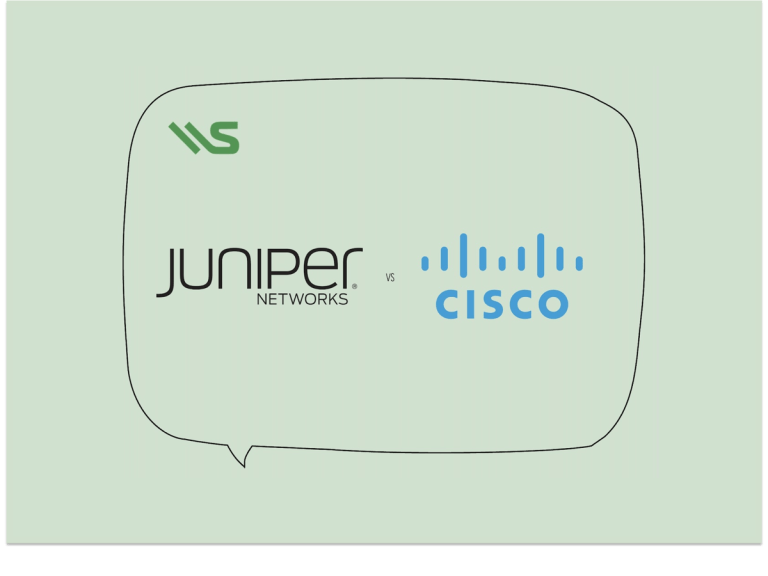When it comes to WiFi networks, the technology that you use can make all the difference. Believe me, I’ve tried and tested a lot of the vendors out there on the marketplace.
More than a decade of building event WiFi solutions for traders, production teams, event organisers and land owners and I’ve pretty much experienced everything that can be thrown at me in the events industry.
And as our projects get larger, and our client base grows, we’re continually re-evaluating and testing the technology that we use to deliver the very best connectivity for the events market .
Clients are now asking us for high availability that doesn’t just come with a single level of resilience, but two – for failsafe reassurance that a payment will never be missed.
Marketing teams and sponsors want a digitally enabled network to capture data or promote brand awareness.
Production teams want secure networks with pre-authorisation for devices to control who can access networks.
Advancement is rapid, and the technology counts.
Technology can make all the difference
In this blog we review Cisco and Juniper to discuss which is better for WiFi networking in our experience, and why.
First though, let’s cover some basics so we’re all on the same page.
WiFi networks – the basics
When we talk about WiFi networks there three key elements to your network design:
- Firewall – your security and routing
- Switching
- Access Points
Let’s delve into Juniper and Cisco and their strengths and weaknesses for these three elements.
Cisco in the market
Cisco’s strength is in their switching capabilities. In the ’90s, ’00s and ’10s they came up with a clever strategy of giving away free courses to anyone getting into networking. They made it easy for network architects to access good literature, learn the technology and become proficient at it. It was all about adoption, and breaking down the barriers to using Cisco technology.
It led to fast growth and is part of the reason they are one of the largest on the marketplace today for switching. Depending on which source you look at, Cisco has around 40% of overall market share when it comes to switching.
When it comes to the events industry, it’s not particularly surprising that the majority of event WiFi providers use Cisco technology for their switches, with Meraki being the most popular.
But what’s it really like and how does it perform?
Cisco for performance
Because of its simple adoption strategy, Cisco engineers are abundant in the marketplace. In fact, Cisco is so easy that non-technical people can also configure the switches given a bit of training. You can become a CCNA (network associate) to give you professional Cisco certification.
This has its positives. But the truth is, it’s Cisco’s simplicity that is also its downfall. Take the Meraki for example. It’s marketed for its simplicity, but it won’t cope with the demands of larger, more sophisticated networks.
And you’ll have under-experienced engineers building you networks with Cisco that don’t have the depth of networking knowledge that you may need.
So, whilst Cisco technology and the engineers that are implementing it may cope with switching for a simple, small event WiFi network, when you’ve got a sizeable event, you may start to encounter problems.
Cisco’s big limitation
Cisco’s biggest limitation is in their firewalls. Whilst they offer firewalls, they’re really not good enough when you start to look at a larger event site.
Their firewalls, which control security and routing, don’t give us the flexibility required for our clients to route traffic for optimal performance. It ultimately means the difference between us saying ‘no’ to a customer and ‘yes’ when asked for more complex connectivity requirements.
With the more complex event WiFi requirements comes the need for more advanced routing across a WiFi network. It’s something that Cisco’s firewalls simply can’t do.
Juniper in the market
Juniper’s big limitation
The Juniper Advantage
Despite its limitation of being the lesser known networking technology, Juniper supercedes Cisco in its performance.
We’re talking better functionality, more control, more flexibility and the ability to build networks that meet clients’ needs, whilst maintaining a high level of connectivity performance.
Juniper offers enterprise-grade functionality that allows us to adapt our WiFi networks to our customers’ needs.
From connecting over 600 devices in a greenfield site, to providing captive portal technology for guest WiFi, with Juniper we can build a WiFi network as simple or as complex as you like.
And whereas other providers are restricting traffic and access to sites to allow priority traffic through, we can open our WiFi networks up to handle all traffic, at any volume, with better performance.
We’re noticing the difference and getting excellent feedback and some of that is thanks to Juniper.
The rest is due to experienced network architects working behind the scenes, but that’s a subject for another day.
Summary
When it comes to Juniper vs Cisco, for event WiFi networks Juniper wins out hands down. Its enterprise capabilities allow us to build high availability networks, with in-built resilience, without restricting data flow.
It’s what production teams and vendors expect, but the reality with a Cisco technology, and their firewall capabilities, is that you won’t get that experience. If you’re serious about your event WiFi, look for someone that uses Juniper and you’ll be dealing with a more experienced team, that better understands their technology.

